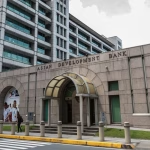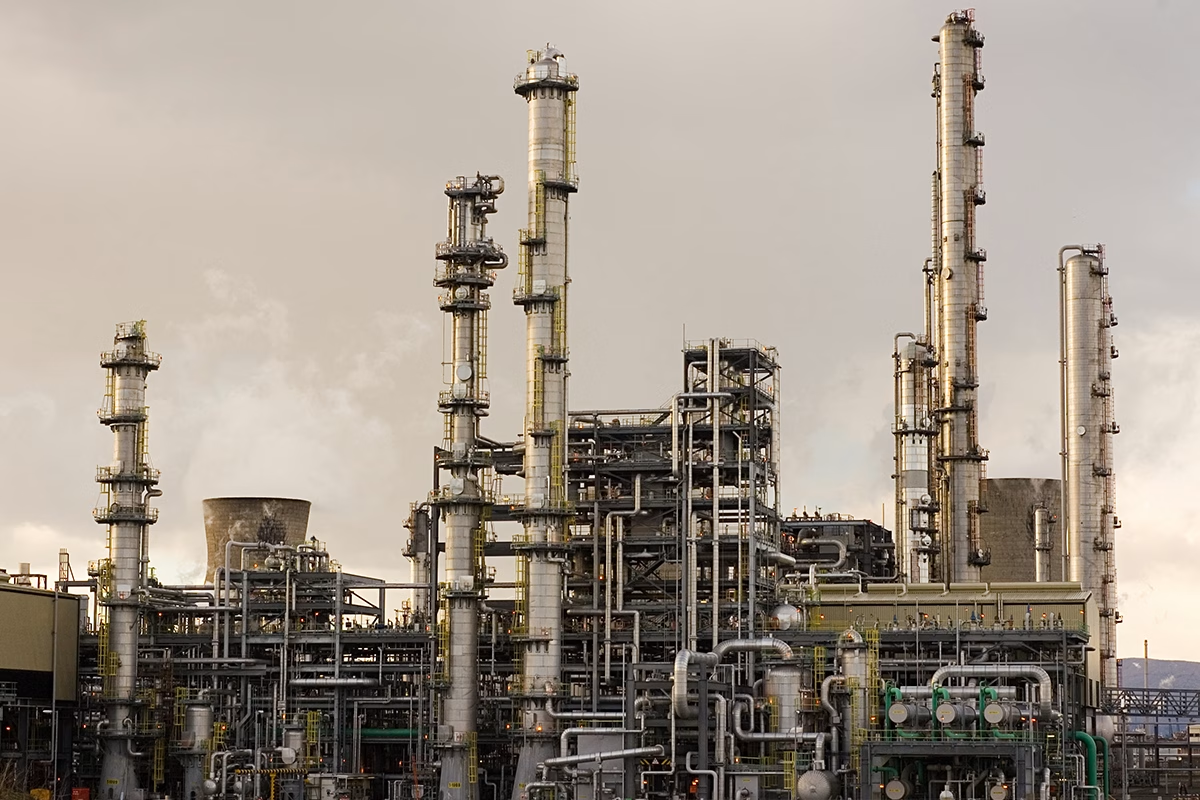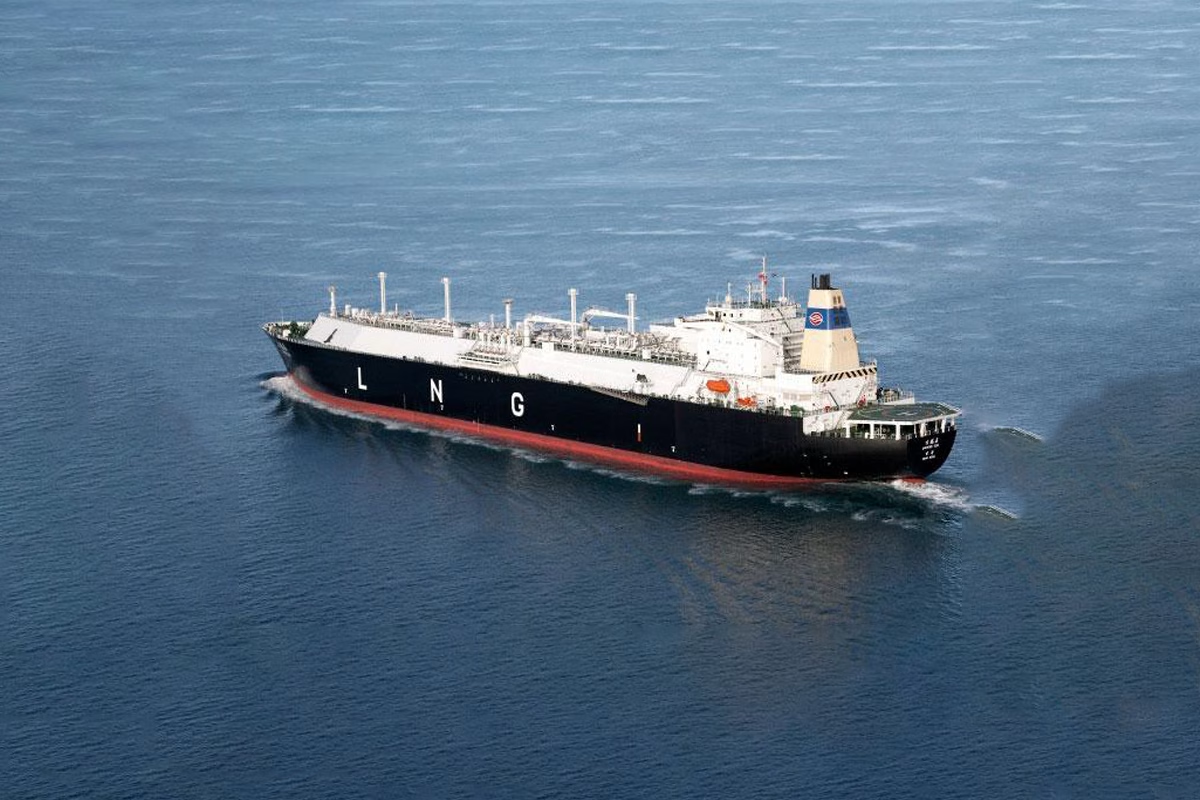
ADB commits $130m for Pakistan’s energy sector as Govt pushes DISCO privatization
September 16, 2025
Subsidy for industry, farmers amid IMF-backed energy overhaul
October 27, 2025The Sindh government has released Pakistan State Oil’s (PSO) oil cargo following the intervention of the Special Investment Facilitation Council (SIFC), which stepped in to prevent a potential supply crisis.
According to industry sources, after the SIFC’s involvement, the Sindh government granted permission for oil imports to continue until the end of October under the existing undertaking mechanism. A Parco cargo has already been cleared, while two more shipments — for PRL and NRL — are expected to arrive on October 23.
Officials from the oil sector explained that fuel prices are determined by the federal government, which includes various taxes in the pricing framework. “The cess issue is essentially between the provincial and federal governments,” one official said, noting that the industry has urged the federal authorities to incorporate the Sindh Infrastructure Development Cess (SIDC) into fuel prices, much like the petroleum levy and other taxes passed on to consumers.
Previously, the Sindh cabinet had required oil companies to submit annual bank guarantees worth Rs25 billion — a move that the industry deemed impractical. “How can the oil industry manage such massive guarantees — and what happens if the Sindh government decides to encash them?” one representative questioned. The Oil Companies Advisory Council (OCAC) raised these concerns in a letter to the petroleum secretary, who then referred the matter to the SIFC. The council’s swift action led to the release of oil cargoes that had been stranded at Karachi port.
Sources said the SIFC is now working toward a long-term resolution of the cess dispute. The oil industry has proposed that the government formally include the cess in the pricing mechanism — a step that could, however, increase fuel costs for consumers.
The Infrastructure Development Cess (IDC) has been imposed by the Sindh and Balochistan governments on petroleum imports since 1994. Although the Sindh High Court (SHC) initially stayed the levy, it upheld its legality in 2021. The industry appealed to the Supreme Court, which suspended the SHC order but maintained the protection of sub judice bank guarantees.
In July 2023, the Sindh Sales Tax and Excise Department reinstated the requirement for a local taxes and levies declaration before the Goods Declaration process. Following intervention by the Petroleum Division and OGRA, an interim arrangement was reached allowing companies to submit undertakings instead of bank guarantees.
Industry stakeholders warn that the SIDC poses significant financial and operational risks to the downstream sector. A single 40,000 MT cargo, valued at around USD 40 million, represents a major financial exposure. With limited credit lines and heavy regulatory obligations, companies argue that mandatory bank guarantees would severely affect import operations and fuel pricing.
The industry has called for urgent federal intervention to direct FBR and Customs to clear petroleum cargoes without bank guarantees, ensuring national fuel supply continuity. It further recommends a comprehensive policy revision — including exemptions for petroleum products from IDC/SIDC — through clear federal regulations.




